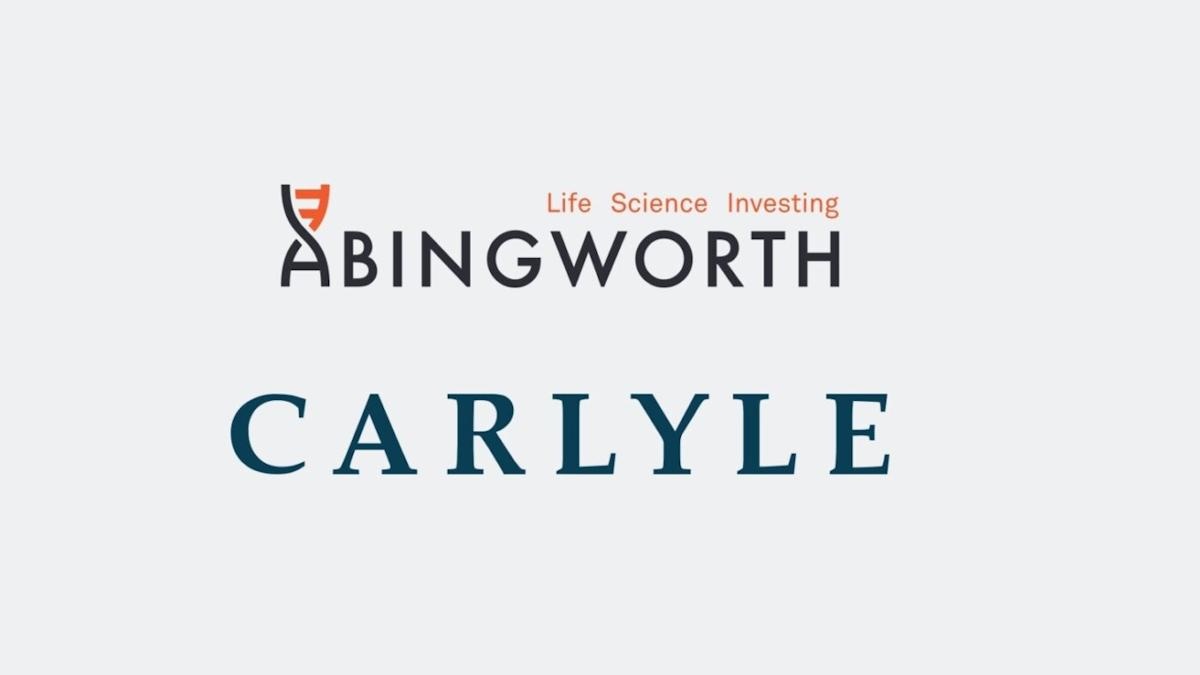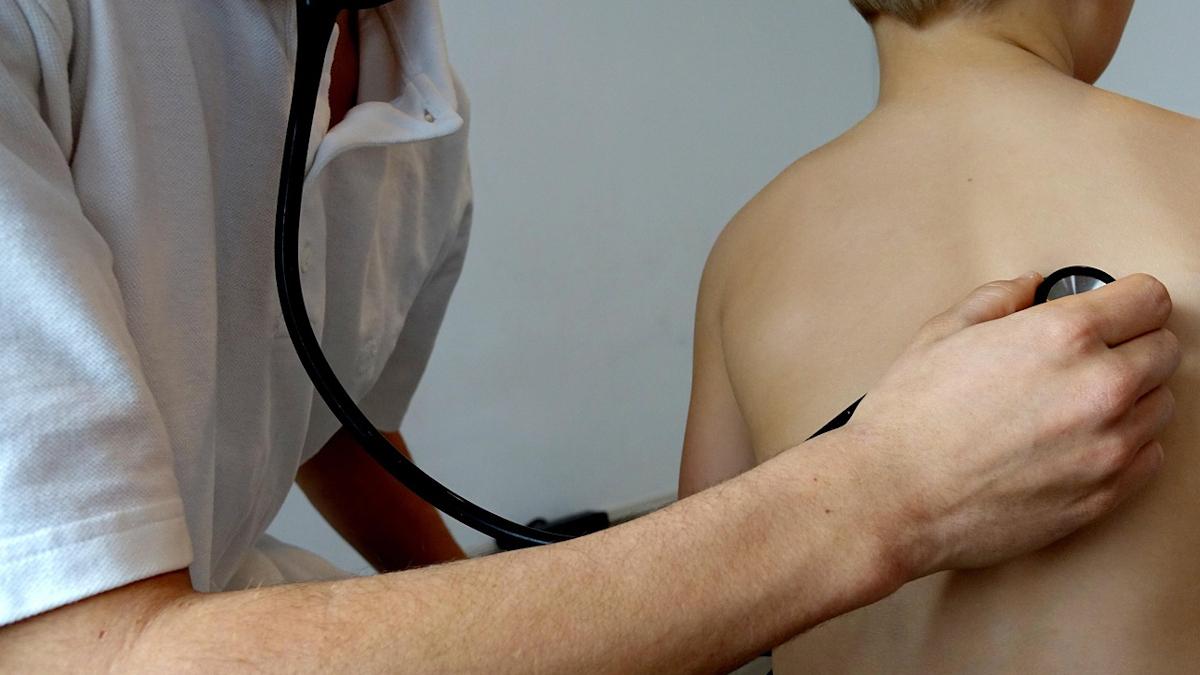Abingworth 'will launch $1.5bn fund for co-developed drugs'

Venture capital group Abingworth is reportedly trying to raise up to $1.5 billion in investment funding to support biopharma companies' clinical development programmes in return for royalties on future sales.
The Carlyle-backed investor is hoping to provide backing for up to eight late-stage clinical trials in the pioneering financing model, according to the Financial Times, which cited people familiar with the matter.
If confirmed, the new fund would represent an upscaling of an unusual investment approach that Abingworth has already started implementing through agreements earlier this year with Gilead Sciences and Teva.
In February, Abingworth offered Gilead up to $210 million to support multiple clinical studies of the pharma company's TROP2-directed antibody-drug conjugate (ADC) Trodelvy (sacituzumab govitecan) in non-small cell lung cancer (NSCLC), in return for a fixed payment if it leads to regulatory approval, as well as royalties on sales of Trodelvy for NSCLC in the US.
That risk-sharing deal came shortly after Gilead reported disappointing results with Trodelvy in the EVOKE-01 study in previously-treated NSCLC, which missed its primary endpoint when it failed to improve survival compared to chemotherapy with docetaxel.
Then, in April, Abingworth agreed a similarly structured deal with Teva focused on the development of TEV-'248 as a dual-action asthma rescue inhaler based on inhaled corticosteroid (ICS) fluticasone propionate and short-acting beta agonist (SABA) albuterol sulfate.
The drug – delivered using a proprietary Teva inhaler – could become the first ICS/SABA for both the adult and paediatric asthma population, according to the two companies.
Under the terms of that deal, Abingworth will provide up to $150 million to fund the late-stage development of TEV-'248 by Launch Therapeutics, a development company backed by Abingworth and Carlyle that will be responsible for running the clinical trials. In return for its investment, the VC will be in line for "fixed payments, as well as success payments" based on TEV-'248 sales.
Abingworth has said that these deals are a great way to "put capital to work" whilst tapping into the drug development expertise of biopharma companies.
The new fund is expected to close in the first half of next year, according to the FT, which notes that the new approach is a departure from Abingworth's traditional strategy of investing in early-stage biotech companies.
Selling off royalty interests in drugs is not new – companies like Royalty Pharma have built businesses doing just that for many years – but they have generally focused on smaller biotechs, rather than large pharma groups.












